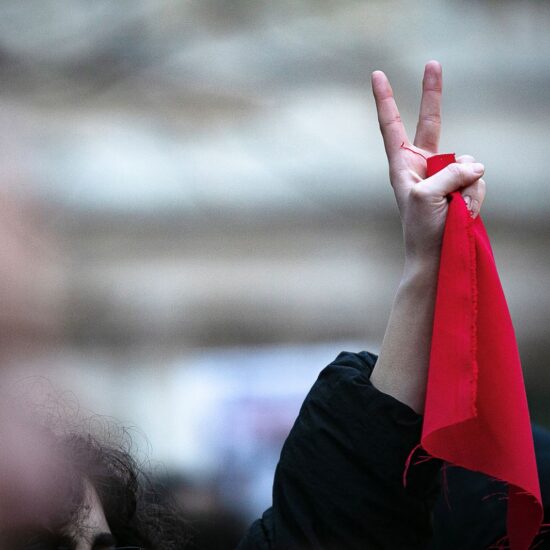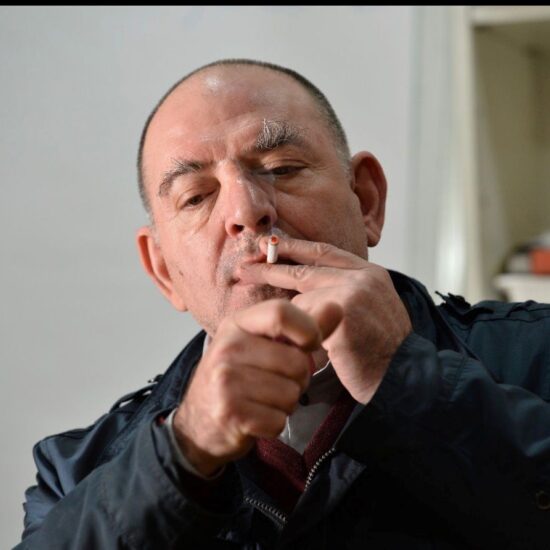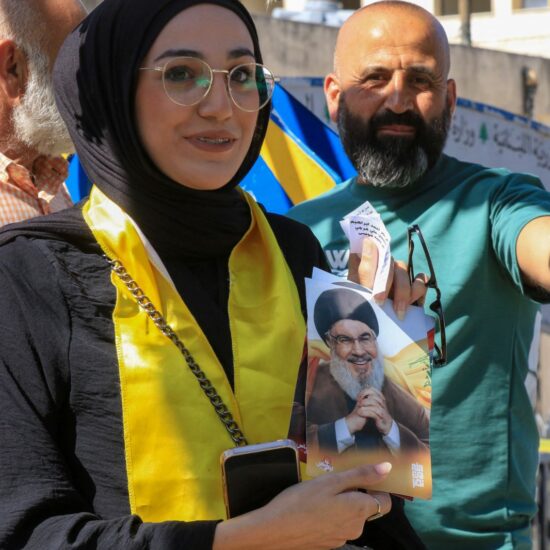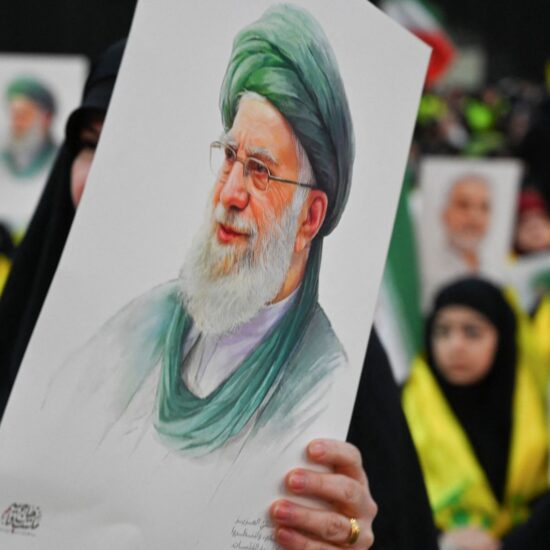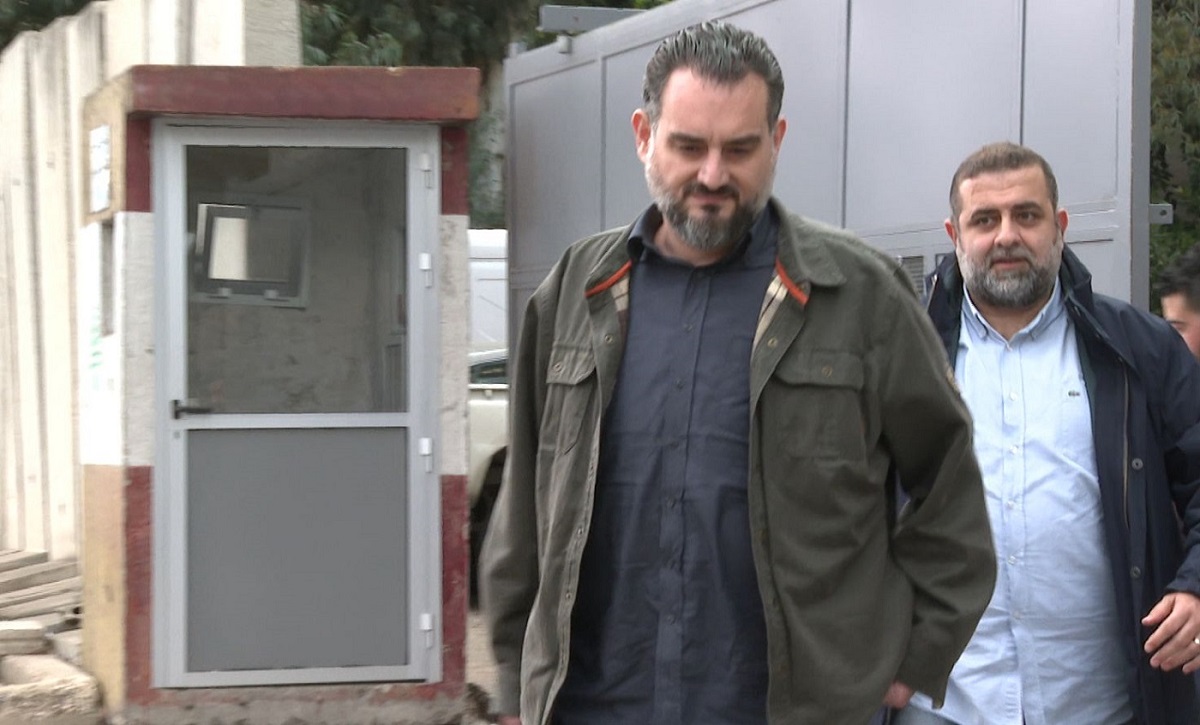
The Makram Rabah incident serves as a potent symbol of the profound crisis engulfing Lebanon today. Dr. Rabah, a respected academic and activist, found himself thrust into the limelight, sparking widespread debate and controversy following his candid remarks in an interview. The subsequent summons for questioning transcended mere procedural formality, laying bare the intensifying struggles underpinning our nation’s core. While it might be tempting to dissect the legal nuances of Dr. Rabah’s interrogation, debate the significance of ministerial statements, or speculate on the differential treatment tied to one’s societal standing—recognizing that disparities in treatment are a stark reality—I choose to focus on broader implications. This piece will not dwell on the interrogation’s reflection of selective authoritarian tendencies, where only certain individuals are held accountable for their speech, nor will it linger over the specifics of Dr. Rabah’s comments regarding Israel and the Litani River, nor the irony of Hezbollah supporters invoking the penal code despite their own history of transgressions. Instead, this discussion aims to delve deeper into the ramifications of this incident for Lebanon’s internal divisions. It seeks to understand how the episode is not an isolated event but a manifestation—an outcome—of the entrenched divides that fragment our society
Who are we?
This incident illuminates the stark divisions tearing at the fabric of our society, with the battlefield often extending to the realm of social media. On these platforms, the fault lines are unmistakable: there are those who label Dr. Rabah a traitor, their convictions likely shaped by personal grief from past conflicts and a rigid belief that allegiance to groups like Hezbollah is synonymous with loyalty to Lebanon. They view any criticism of Hezbollah not as a form of constructive dialogue but as an outright betrayal of their homeland. Conversely, a significant contingent stands in solidarity with Dr. Rabah, advocating for a Lebanon that transcends the grip and doctrine of Hezbollah. They champion a vision of the nation that is anchored in different principles, reflecting a Lebanon that aspires to broader horizons beyond the dictates of any single entity. This schism transcends mere political disagreement; it strikes at the very heart of individual and collective identity, shaping perceptions of what it means to be Lebanese.
What are we fighting over?
The groundswell of responses to what should come to be recognized as the Makram Rabah incident vividly highlights a grave crisis—a nation deeply divided over its foundational values. This discord transcends differences in policy preference or strategic direction; it unveils a profound battle over the very essence of what Lebanon represents, probing the core of our national identity and the path we aspire to follow. In this context, it’s crucial to interrogate the nature of our contention. Are we clashing over the mechanics of policy formulation, the choice of economic models for recovery, the design of our social systems, or the enhancement of social services? Surprisingly, no. Our debate drills down to something far more rudimentary: our values, the principles we uphold, and the beliefs we cherish. This is not a policy skirmish or a bureaucratic tussle; it’s a confrontation over our collective ethos as a people who, despite sharing a country, do not share a homogenous outlook.
Us Vs. Them
Hence, this is not a conflict between the Lebanese populace and a specific political entity or an authoritarian regime. Nor is it a normal political disagreement between different political rivals. Rather, it is an internal struggle among Lebanese themselves, segregated by allegiance to contrasting value sets—values X against values Y. Such a schism, rooted in the very fabric of our societal construct, bears the ominous potential to escalate into civil strife, pave the way for dictatorial usurpation, or precipitate a fractious separation. Understanding this, the depth of our predicament becomes starkly evident. We are at a juncture where the dialogue is not about pragmatic governance or policy efficacy but about the foundational beliefs that define our nation. This is the crux of the Makram Rabah incident’s significance—it serves as a mirror, reflecting the profound ideological cleavages that threaten the unity and integrity of Lebanon. The urgency to address this divide is paramount, for it is these very values, contested and polarizing, that will dictate the contours of Lebanon’s future.
Political Exploitation
In the midst of this crisis, it’s crucial to recognize that political leaders might exploit these deep-seated divisions, claiming to represent the ‘true values’ of their constituencies. However, this often disguises their real intent—to harness these divides for political leverage or secretive deals (as we may soon find out). Such actions not only deepen the rift but also distract from the pressing need for genuine dialogue and reconciliation.
Consequences of Unresolved Divides
If we neglect to mend these fractures, Lebanon stands on the brink of a dire threshold. We risk a future where one group could impose its will through force, or even more tragically, where our nation might fragment, endangering the very foundations of our society and the cohesion that has long been our strength.
Call to Action
The Makram Rabah incident is more than a fleeting episode; it should be a stark wake-up call, urging us to address the defining challenges of our era. What is at stake is the Lebanon we envision for ourselves and future generations. Can we find common ground?
Ramzi Abou Ismail is a political psychologist and researcher at the University of Kent.




